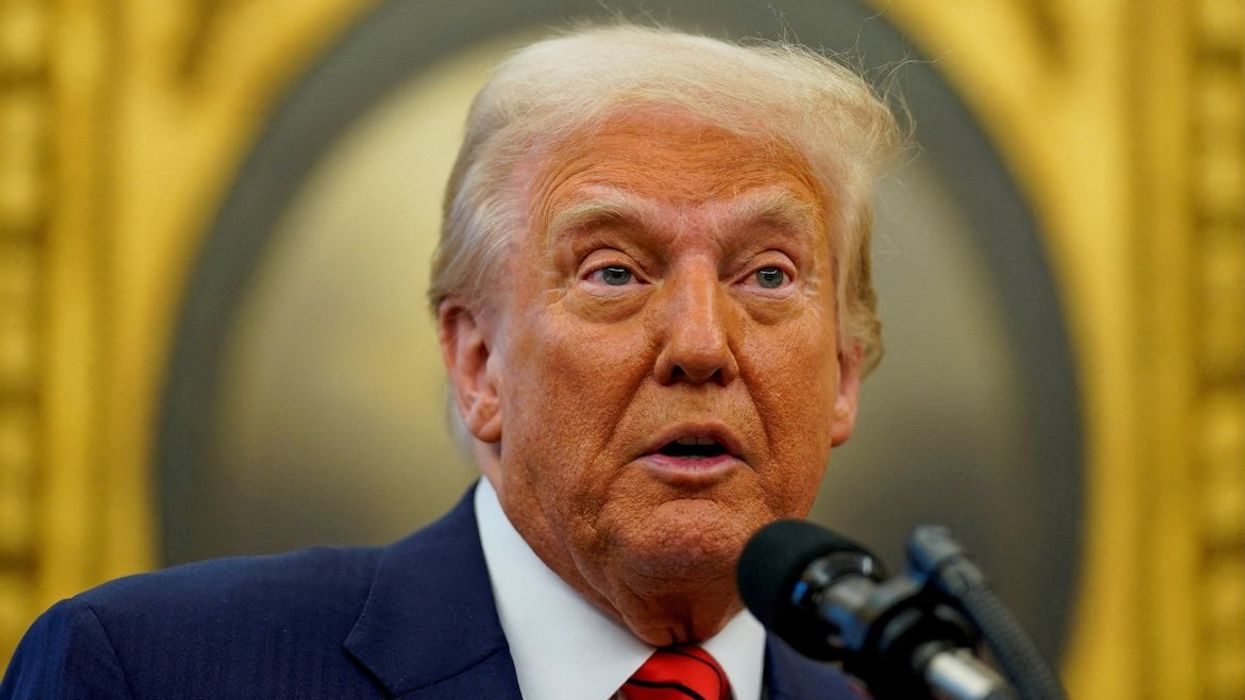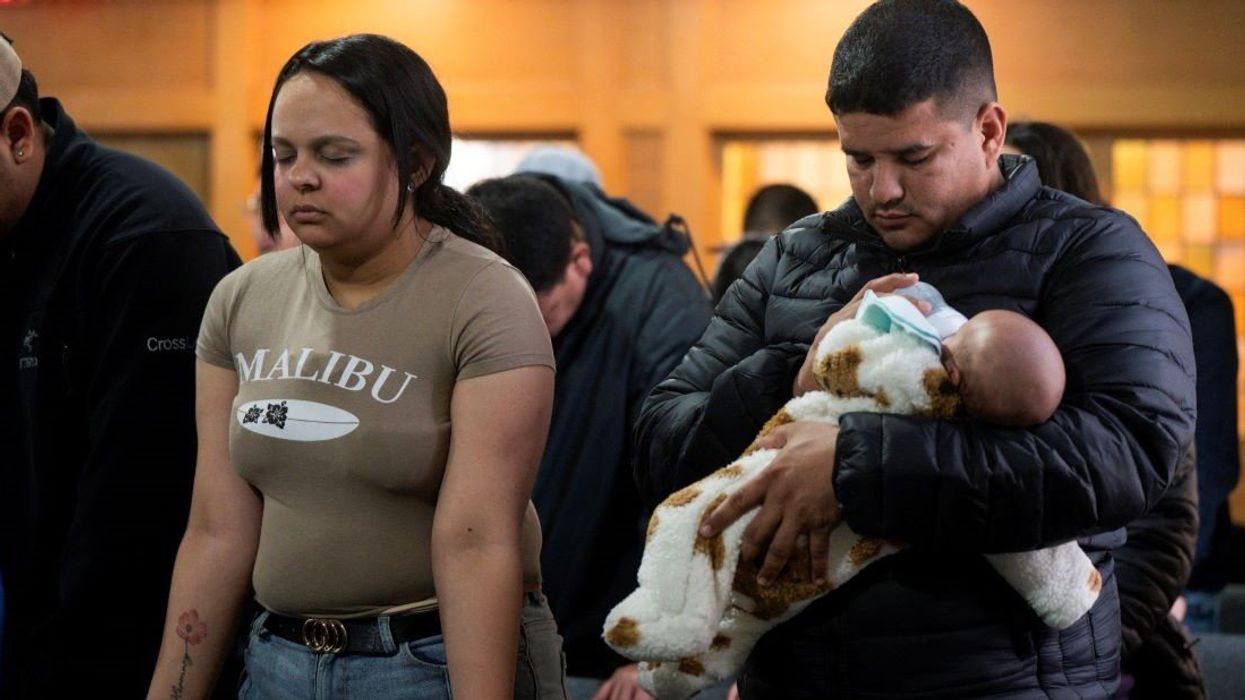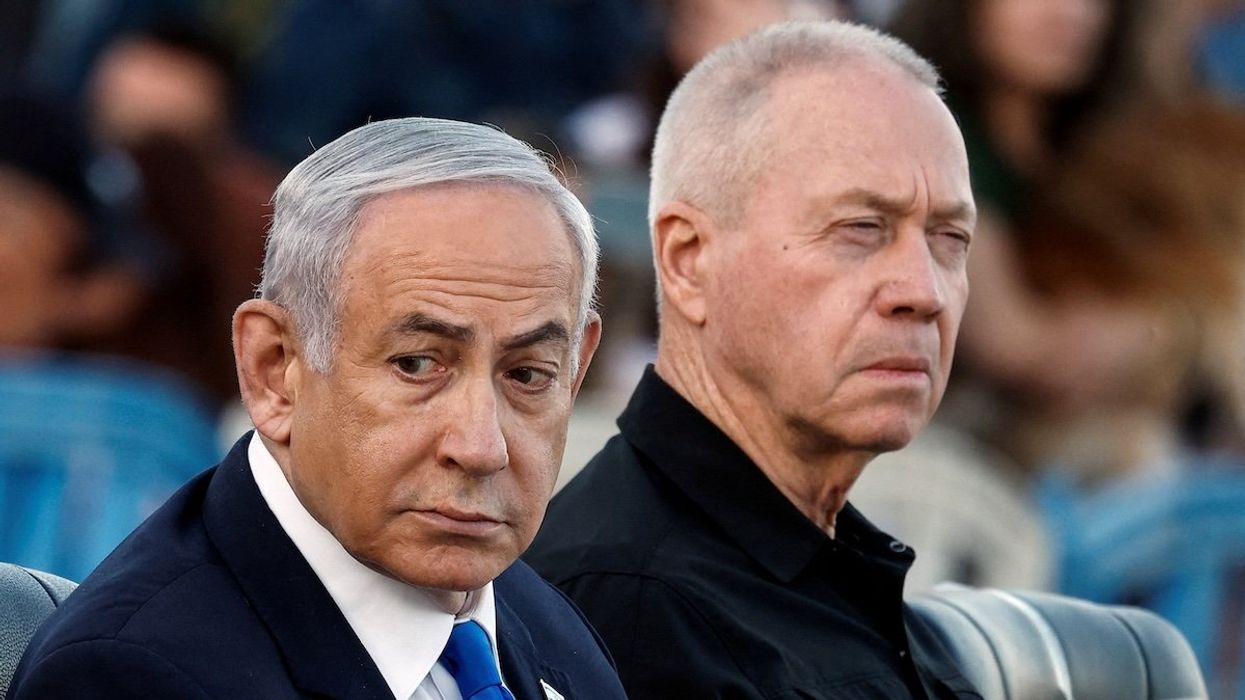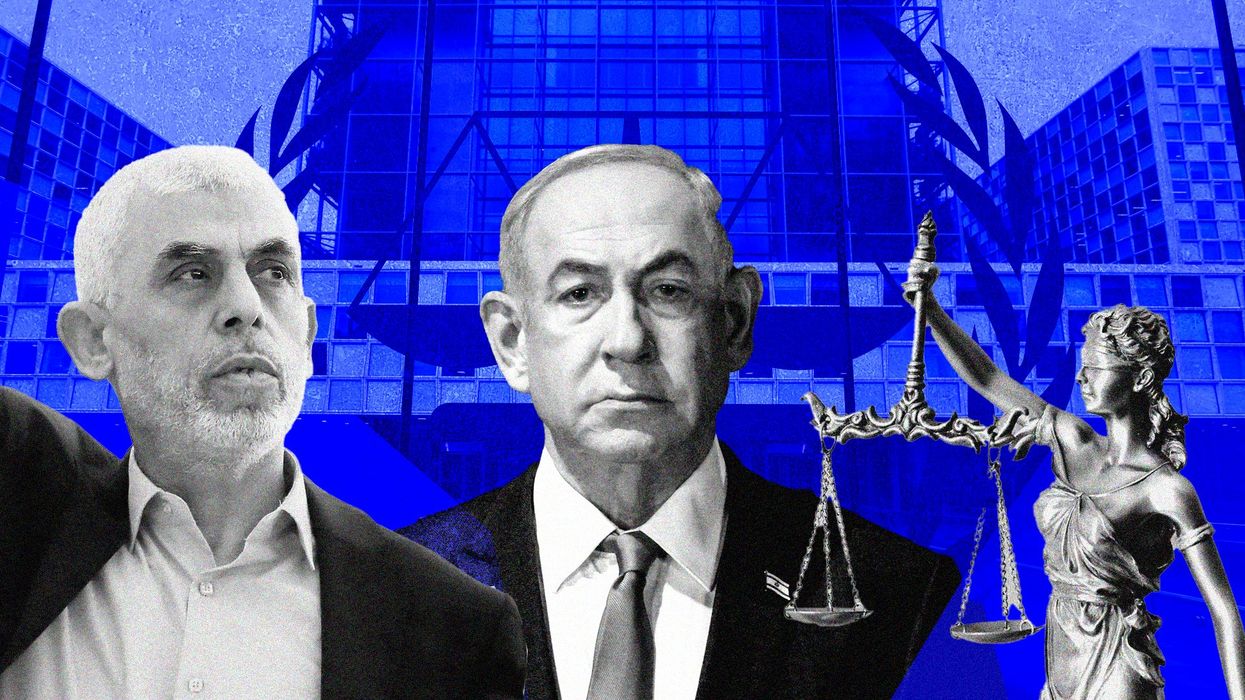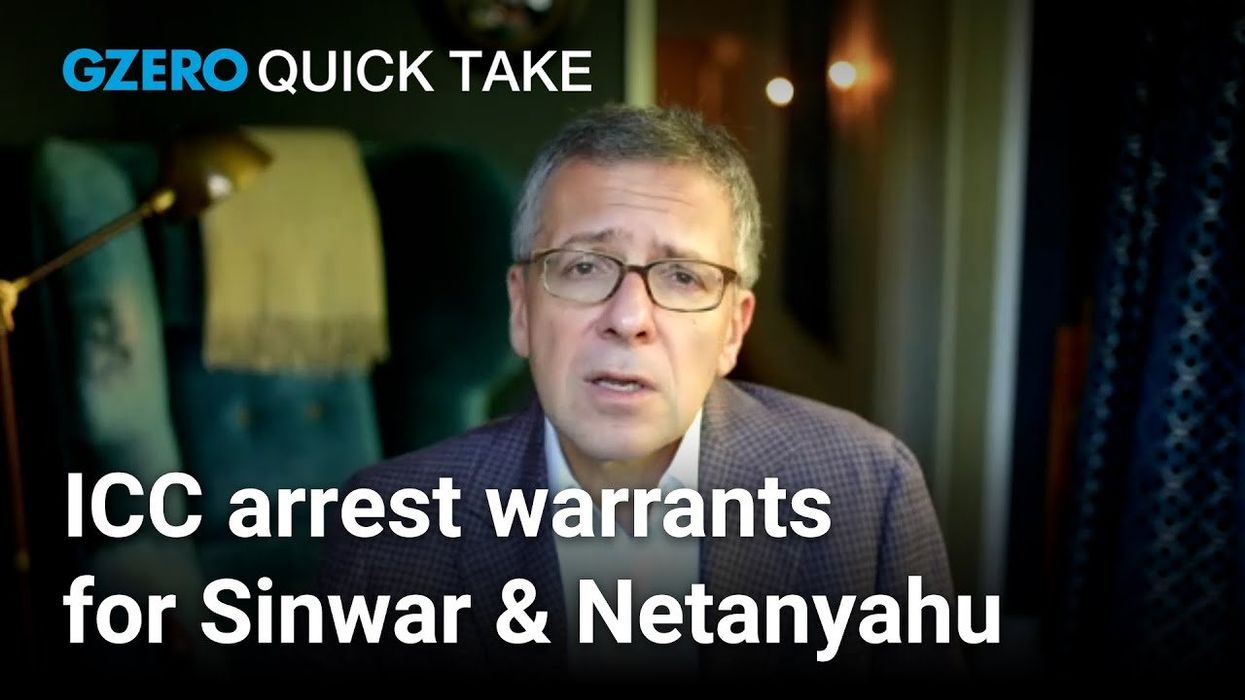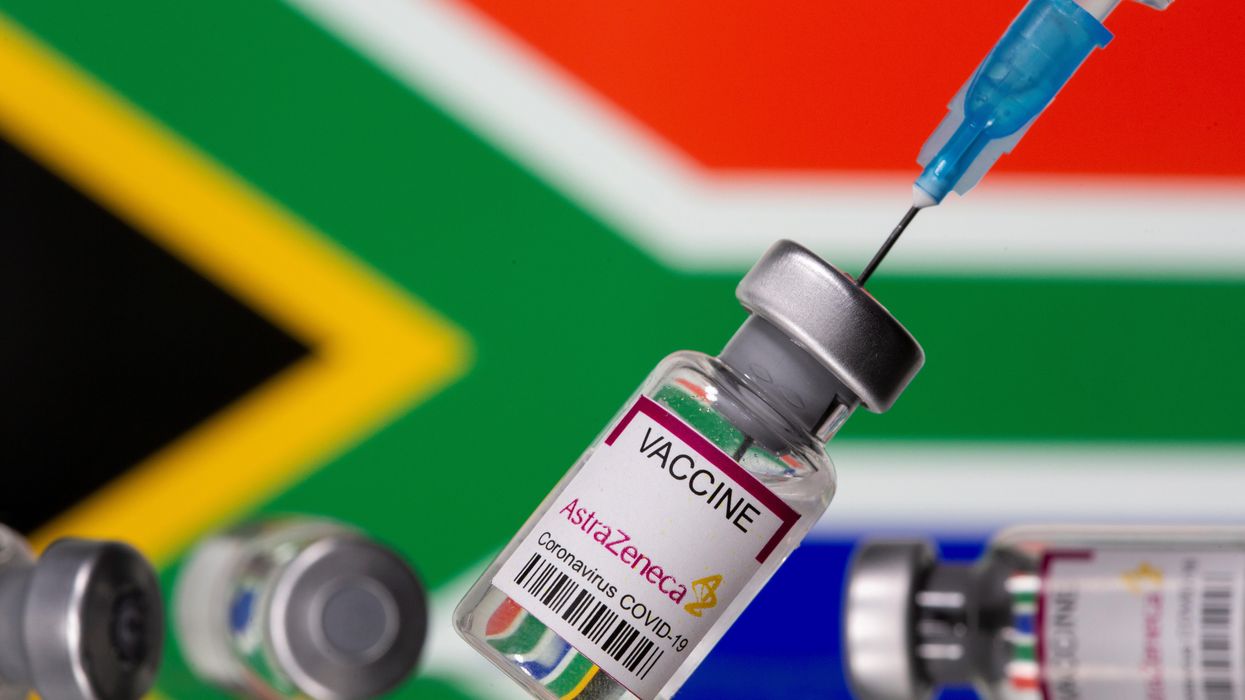What We're Watching
Trump freezes aid to South Africa, offers to resettle “refugees”
US President Donald Trump signed an executive order Friday halting all “non-essential” assistance to South Africa. He also ordered American agencies to assist white South Africans fleeing racial discrimination and resettle them as refugees in the US.
Feb 09, 2025
